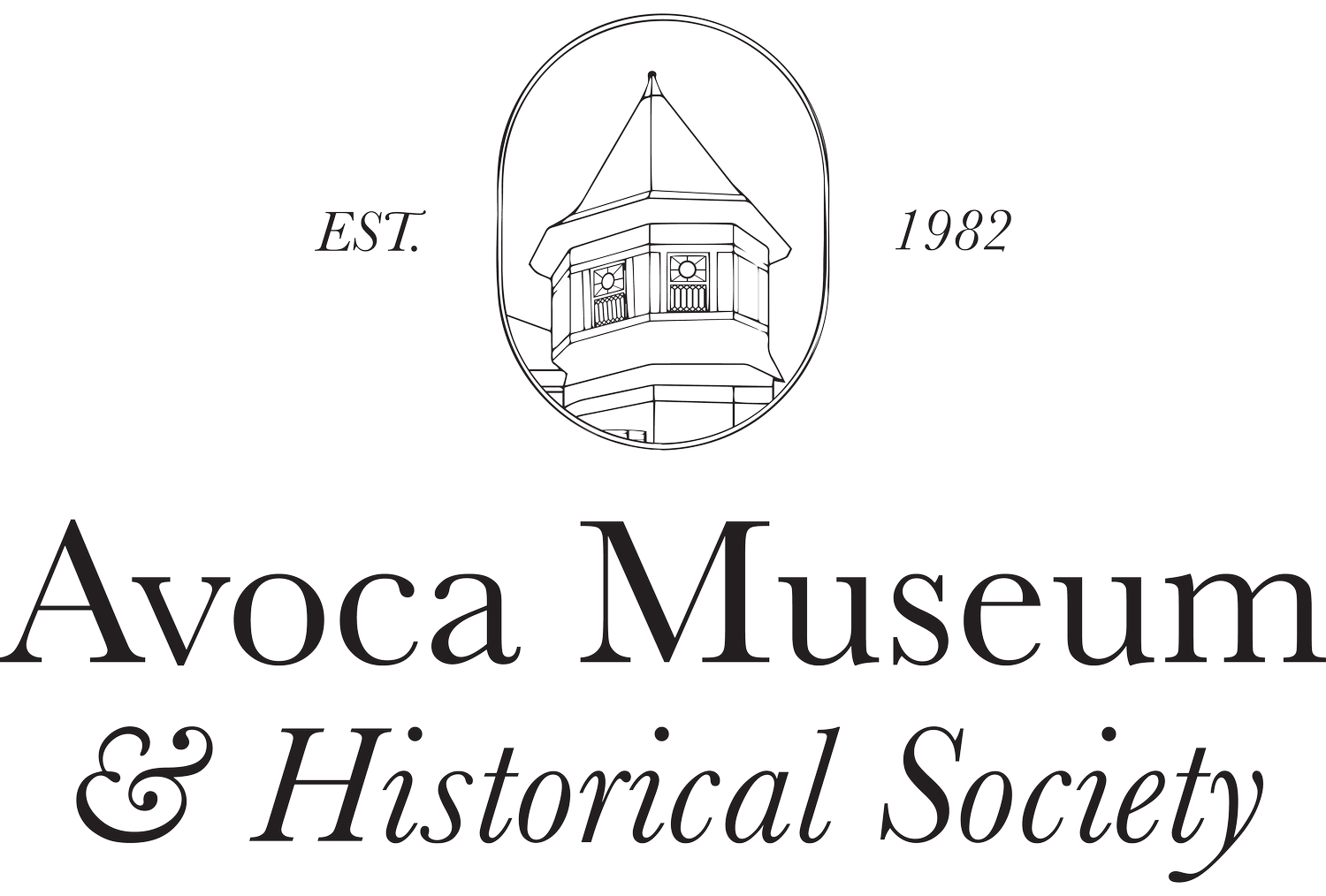The Issue of Quakerism in Charles Lynch’s Life
The inscription on the gravestone of Colonel Charles Lynch Jr. reads, “active and zealous Patriot of the Revolution” and perhaps that is the best phrase possible to describe the life of the eldest Lynch son. While Lynch is today remembered by his many achievements during the American Revolution, it may be surprising to learn of his early life as a member of the Society of Friends. Lynch’s mother, Sarah Clark Lynch, established the South River Monthly Meeting in 1754. Lynch’s early life was characterized by the devout Quakerism seen in his mother. The name of Charles Lynch can be found multiple times in the records of the South River Fellowship in the years before the Revolution. Quakers not only frowned upon rebelling against authority forces, but also making any solemn oaths. Lynch would make many solemn oaths over his lifetime, but his expulsion from the South River Fellowship came in 1766 when he served as an executor for his neighbor’s estate. From 1766 on, Lynch lived his life in a way that would have gotten him disowned by the Quakers time and time again. One could only begin to understand what kind of divide Lynch’s loss of faith must have wedged between him and his family. By all accounts his brother John was still a committed Quaker. Some documents suggest that Charles reconnected with the Quaker faith in his later life. In 1786 John appeared before a Quaker Council of Elders with Charles present. At this meeting John confessed the sin of resentment against Charles. It is typically believed that this resentment blossomed when Charles became an avid patriot of the Revolution. It seems that the brothers might have healed from this divide, as Charles was present and helpful when John divided the lots for his new city of Lynchburg.

